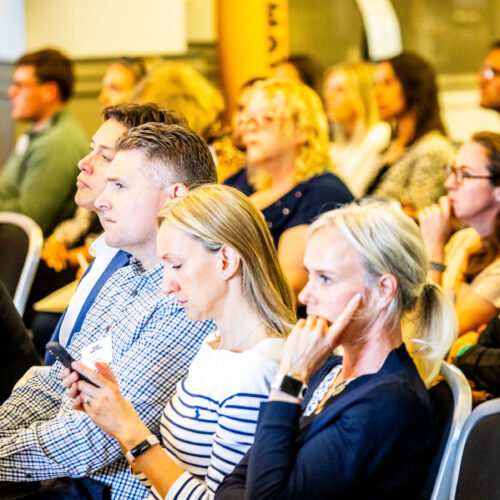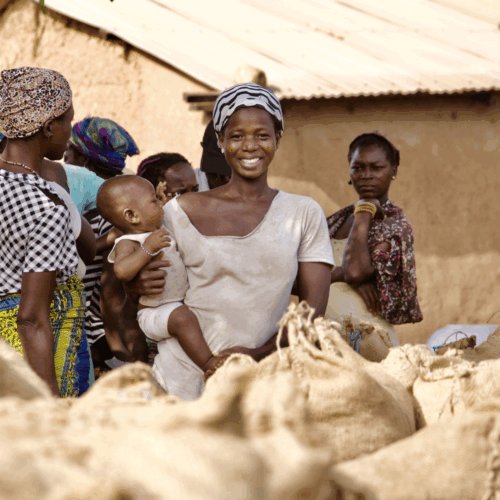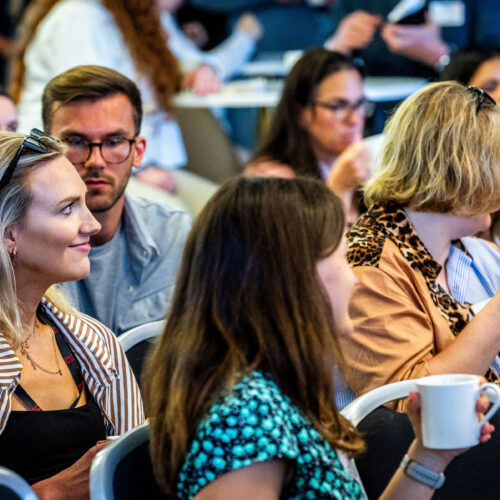In the latest in a series of episodes focused on Net Zero, and its impact on food industry manufacturers, producers and retailers, we join Aditi Sen, Policy Lead at Oxfam to find out whether the focus on net zero is distracting us from the priority of cutting emissions to reduce our impact on the environment. Aditi co-authored Oxfam’s ‘Tightening the Net’ report which discovered that many governments are hiding behind unreliable, unrealistic and unproven carbon removal schemes to meet their 2050 goals. Is net zero causing more of a distraction than a help as we address climate change?
Join host Stefan Gates as he chats to Aditi, and discovers the detail and research that has gone into Oxfam’s report, and what can be done next to effect real change.
About Aditi Sen
Aditi Sen, Policy Lead, Oxfam
Working at the intersection of climate change, sustainability, and international development and advancing equity in climate solutions. Broad experience in policy analysis and advocacy, program design and management, and working with a diverse range of stakeholders.
About the Tightening the Net report
Oxfam’s report Tightening the Net says that too many governments and corporations are hiding behind unreliable, unproven and unrealistic ’carbon removal’ schemes in order to claim their 2050 climate change plans will be ‘net zero’. Their sudden rush of ‘net zero’ promises are relying too much on vast swathes of land to plant trees in order to remove greenhouse gases from the atmosphere. At the same time, they are failing to cut emissions quickly or deeply enough to avert catastrophic climate breakdown.
To limit warming below 1.5°C and prevent irreversible damage from climate change, the world collectively should be on track to reduce carbon emissions by 45 per cent by 2030 from 2010 levels, with the sharpest cuts being made by the biggest emitters. Countries’ current plans to cut emissions are nowhere near, totalling around 1 per cent reduction in global emissions by 2030 according to the most recent stocktake.
The climate crisis is already devastating agriculture globally. It is driving worsening humanitarian crises, hunger and migration. People living in poverty, particularly women farmers and Indigenous people, are being affected first and worst. It is undermining efforts to tackle poverty around the world.
Danny Sriskandarajah, Chief Executive of Oxfam GB, said: “Too many companies and governments are hiding behind the smokescreen of ‘net zero’ to continue dirty business-as-usual activities.
“A prime example of the doublethink we are seeing is the oil and gas sector trying to justify its ongoing extraction of fossil fuels by promising unrealistic carbon removal schemes that require ludicrous amounts of land.
“Net zero targets are vital to tackling climate change. Some governments and companies are taking bold action to cut carbon emissions but there are currently too few to give us a realistic chance of averting climate catastrophe and the widespread hunger and devastation that come with it.
“The UK Government needs to be a credible broker for a deal that can stop the planet overheating when it hosts the COP26 climate talks in November – so it is imperative that it stops licensing new oil and gas in the North Sea, including a possible new oilfield near the Shetland Islands.”







